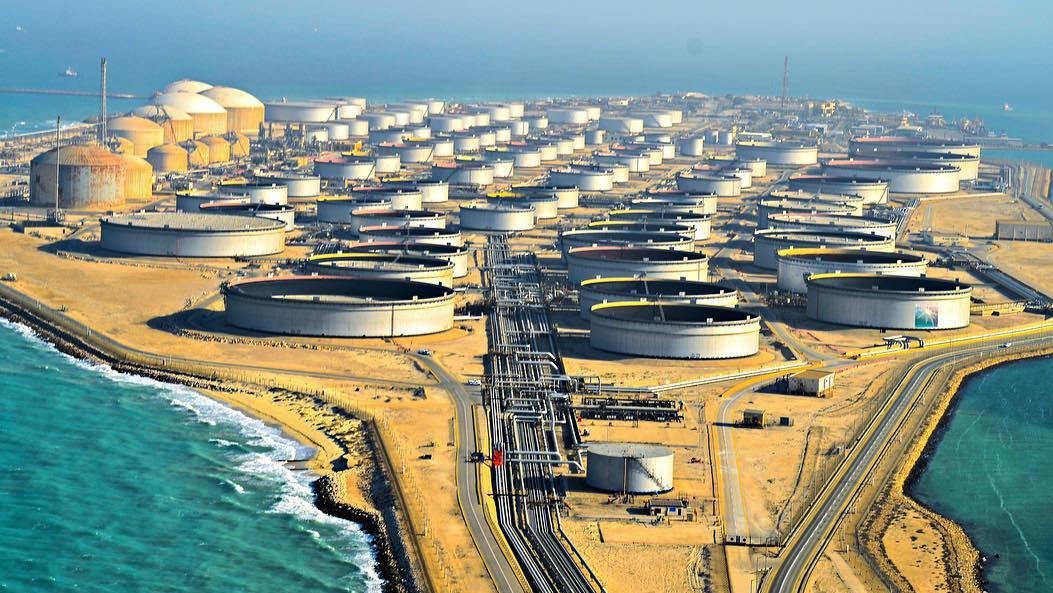moviescout.org – Saudi Arabia has long been a pivotal player in the global energy market, primarily due to its vast oil reserves and significant influence over the Organization of the Petroleum Exporting Countries (OPEC). However, the kingdom’s role in the energy sector is evolving, driven by its ambitious Vision 2030 plan and the global shift towards renewable energy sources. This article explores Saudi Arabia’s traditional dominance in the oil market and its emerging strategies to diversify its energy portfolio and maintain its global influence.
Traditional Dominance: Oil Powerhouse
Saudi Arabia is the world’s largest oil exporter and holds the second-largest proven oil reserves, making it a central figure in the global energy market. The kingdom’s oil sector, led by the state-owned Saudi Aramco, one of the most valuable companies in the world, has historically played a crucial role in shaping global oil prices and supply dynamics.
Through OPEC, Saudi Arabia has wielded considerable influence over production levels, often acting as a swing producer to stabilize the market. This role has given the kingdom significant leverage in international energy politics and has been a cornerstone of its economic power.
Vision 2030: Diversifying Beyond Oil
Recognizing the need for economic diversification and the long-term sustainability of its oil reserves, Saudi Arabia launched Vision 2030 in 2016. This ambitious plan aims to reduce the kingdom’s dependence on oil and develop other sectors, including renewable energy, tourism, and entertainment.
Renewable Energy Initiatives
Saudi Arabia is investing heavily in renewable energy projects as part of its Vision 2030 goals. The kingdom has set a target to generate 50% of its electricity from renewable sources by 2030. This includes the development of solar and wind farms across the country, leveraging its abundant sunlight and favorable wind conditions.
One of the most notable projects is the Neom Wind Project, located in the futuristic city of Neom, which is expected to generate 1.2 gigawatts of power. Additionally, the Red Sea Global Energy Project aims to power the Red Sea development with renewable energy, showcasing the kingdom’s commitment to sustainability.
Natural Gas Expansion
Beyond renewables, Saudi Arabia is also expanding its natural gas production. The kingdom sees natural gas as a transitional fuel that can reduce its reliance on oil for power generation and desalination. This strategy aligns with global efforts to reduce carbon emissions, as natural gas emits less carbon dioxide than coal or oil when burned.
International Energy Leadership
Saudi Arabia’s role in the global energy market extends beyond its domestic initiatives. The kingdom is actively involved in international energy forums and organizations, including OPEC and the G20. Through these platforms, Saudi Arabia contributes to global energy policy discussions, promotes stability in oil markets, and advocates for a balanced approach to energy transition.
Conclusion
Saudi Arabia’s role in the global energy market is undergoing a transformation, moving beyond its traditional dominance in the oil sector. While oil remains a critical component of the kingdom’s economy, Vision 2030 and its renewable energy initiatives signal a strategic shift towards a more diversified and sustainable energy future. By investing in renewable energy and expanding its natural gas production, Saudi Arabia is positioning itself as a leader in the global energy transition, ensuring its continued influence in the evolving energy landscape.
